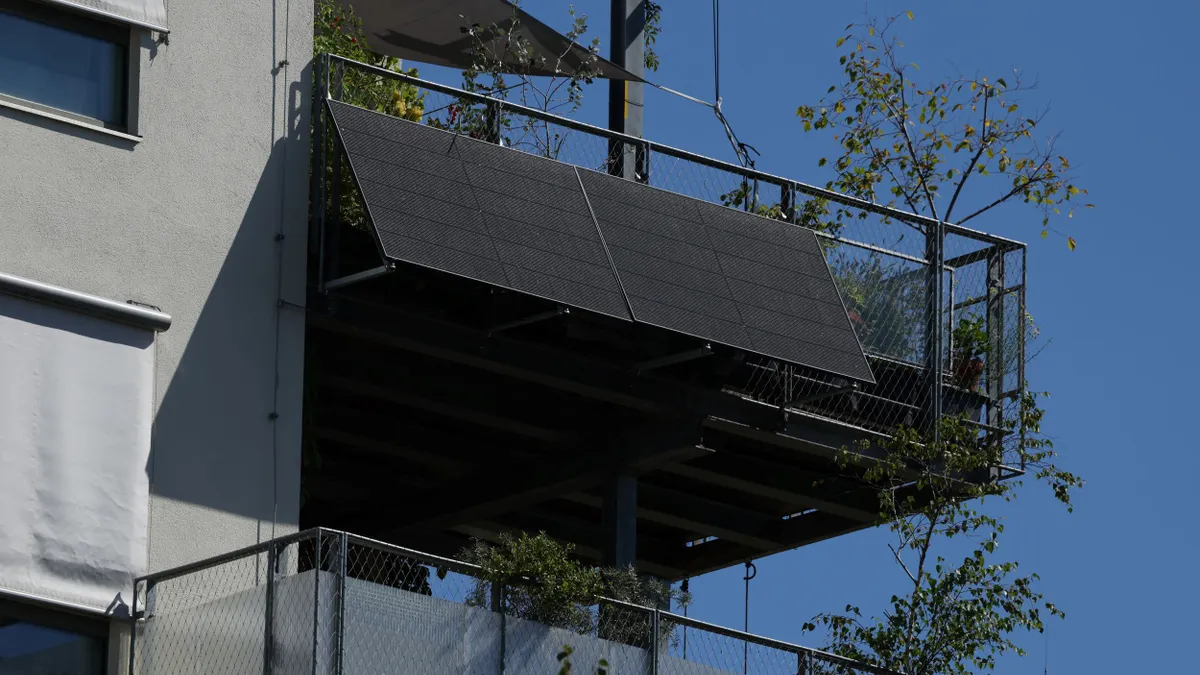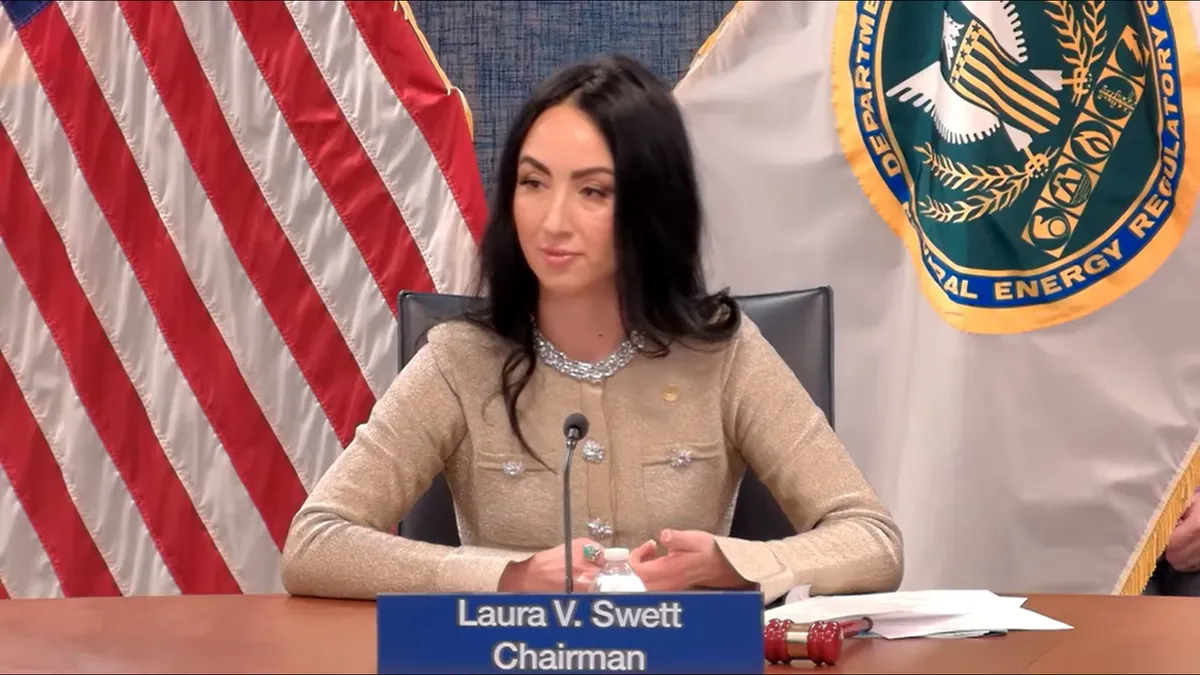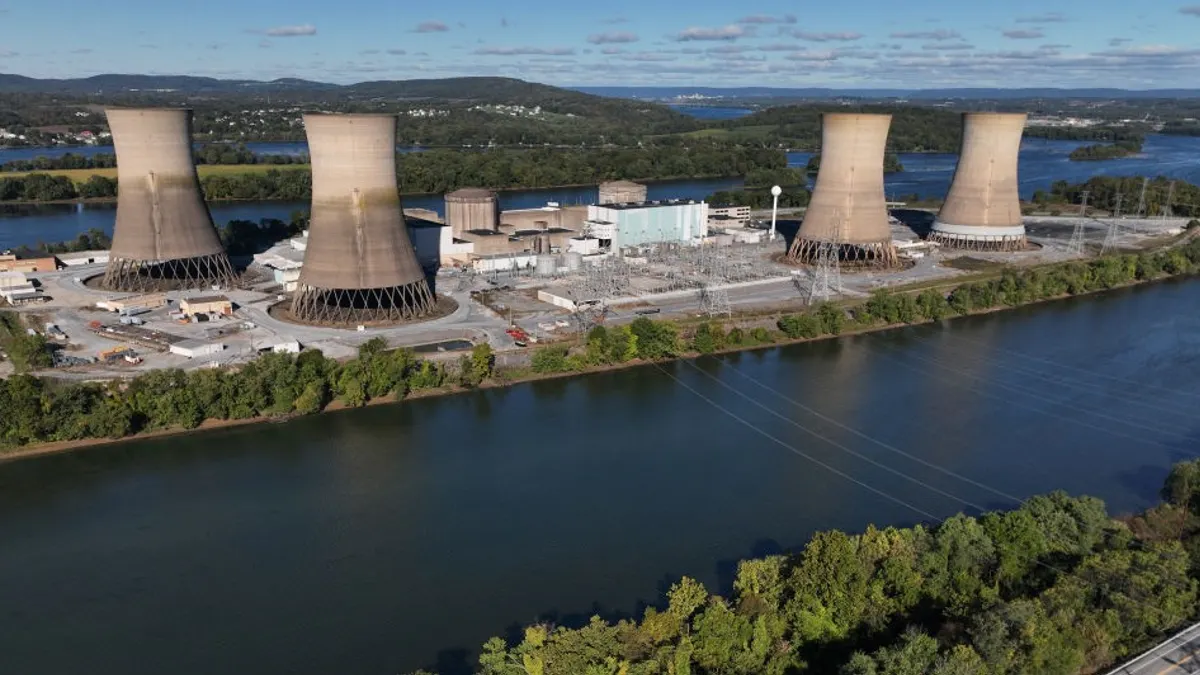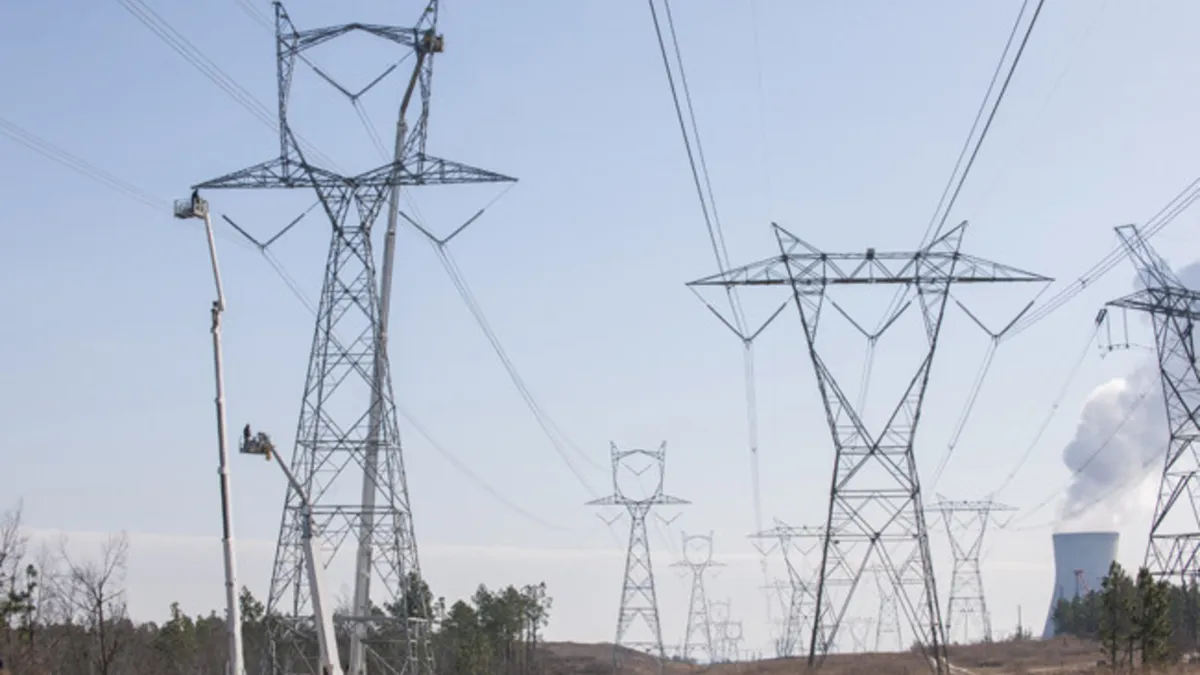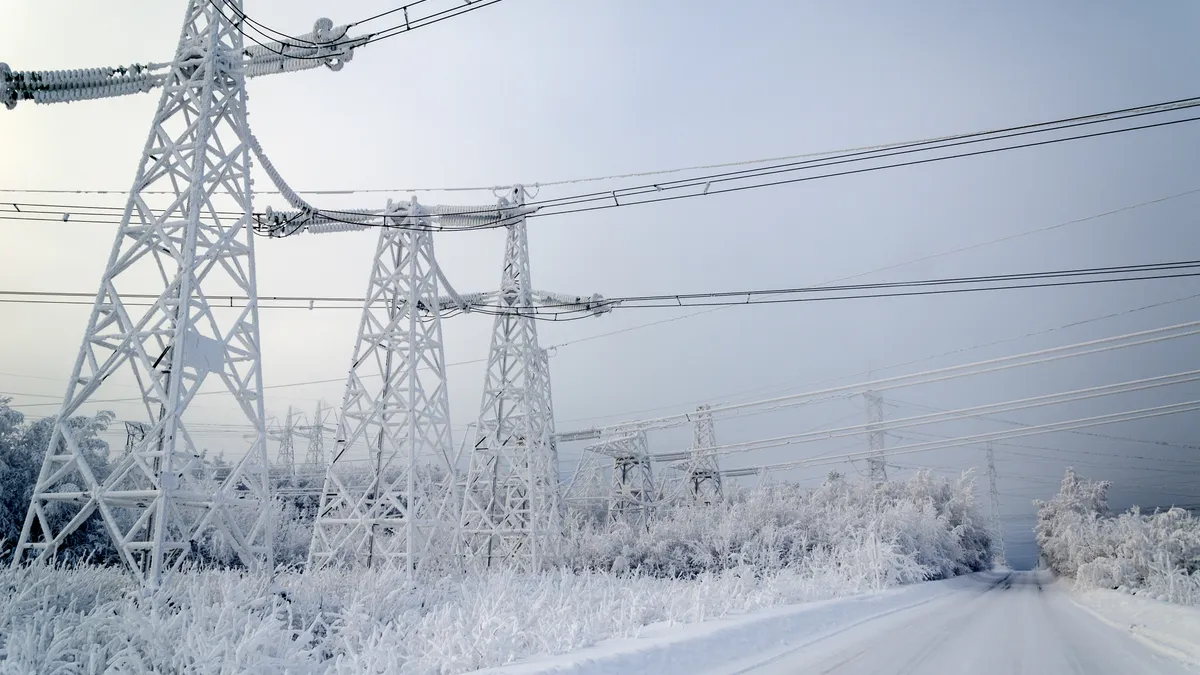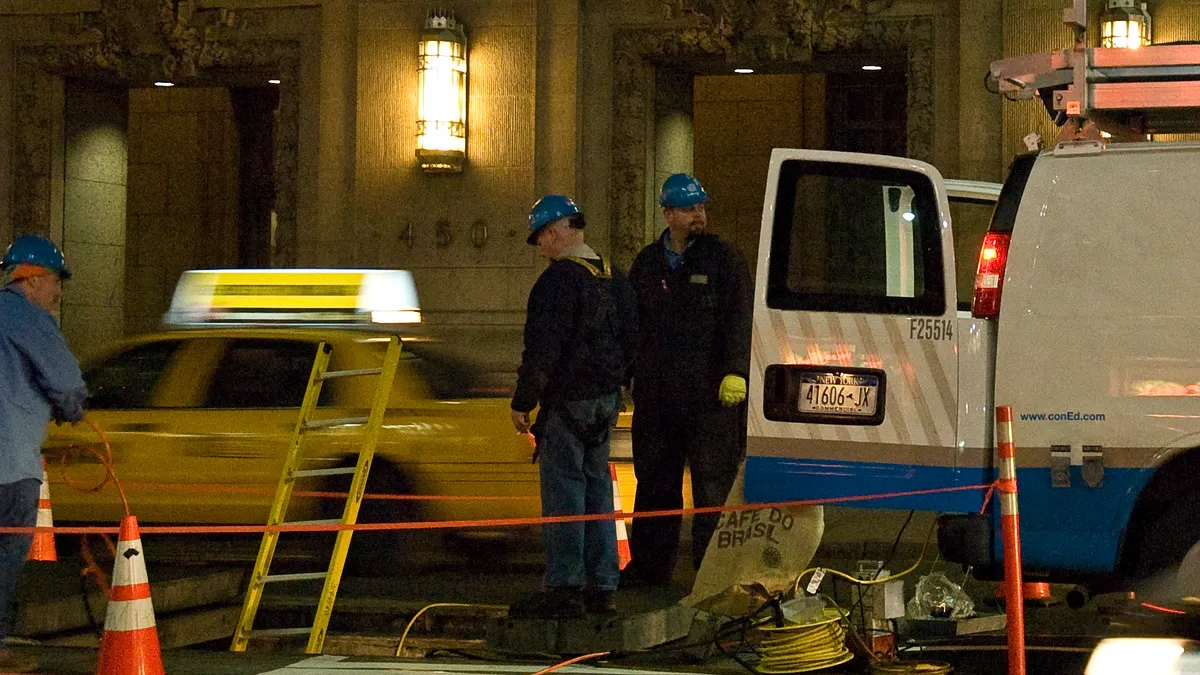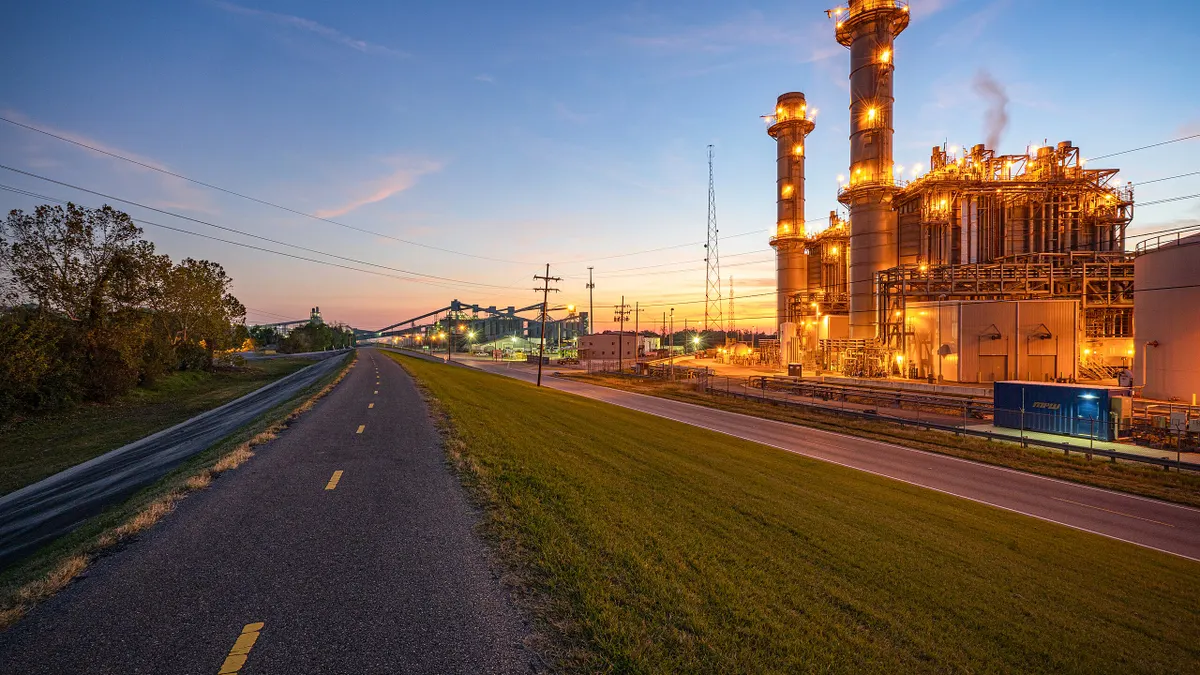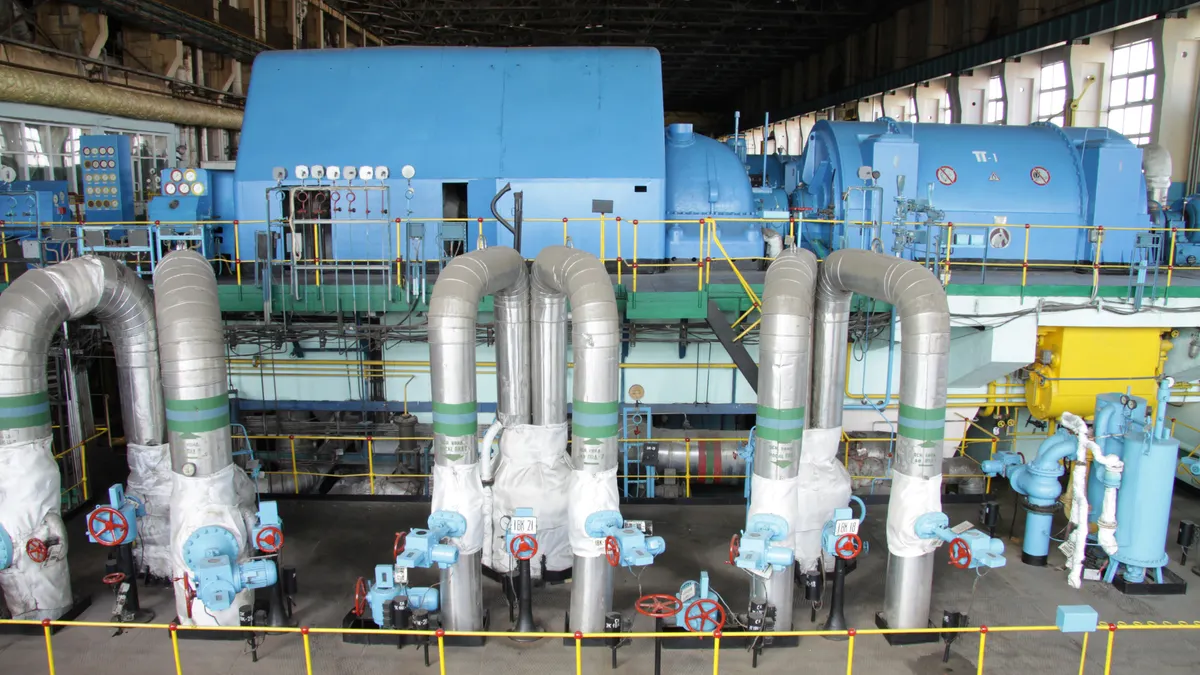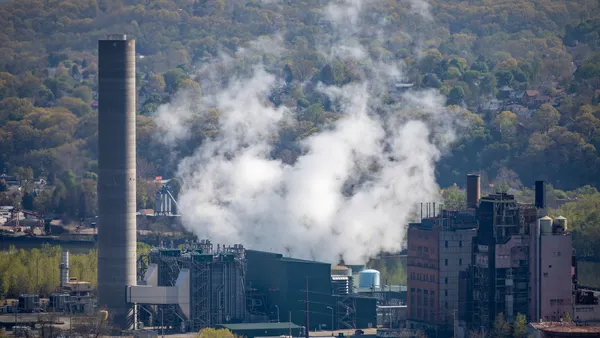There is little support for the latest long-term plan proposed by Puerto Rico's embattled electric utility, as many stakeholders ask for significant modifications. Critiques of the Integrated Resource Plan (IRP) say the utility's continued reliance on natural gas-fired generation will prevent it from reaching a 100% renewables goal legislators have set for 2050.
Environmental Defense Fund (EDF) has recommended the Puerto Rico Energy Bureau (PREB) reject the IRP developed in 2019, citing faulty modeling and assumptions as well as an "excessive" 100% reserve margin. The group instead wants to see regulators approve a modified plan that ramps up renewables and distributed resources.
It is not clear whether the Puerto Rico Electric Power Authority (PREPA) supports its own long-term vision. When asked if the utility supported its own IRP, PREPA Project Management Officer Fernando Padilla told Utility Dive in an emailed statement that the utility "supports the IRP process and continues to focus on the current scopes of work ... to ensure compliance and work stream continuity."
The future of Puerto Rico's electric utility hinges on a variety of interconnected events, and right now experts say it is not clear how any of them will play out. That uncertainty appeared in comments filed with PREB last week, with no support apparent for the IRP as-filed.
At one point in the process, PREPA asked to withdraw and revise the 20-year IRP it submitted last summer, but island regulators indicated the deadline to file had closed.
"PREPA is hopeful the IRP will be approved during the upcoming months," Padilla said. Experts say that could include significant changes, however.
Meanwhile, three days before a March 6 comment deadline, PREB issued a resolution asking for parties to include in reply comments, due March 16, a discussion of three new topics: virtual power plants, rooftop solar and hydroelectric generation.
When it comes to adding more carbon-free resources, "everyone is kind of on the same team," EDF Senior Director of Caribbean Initiatives Dan Whittle told Utility Dive. "We have found everyone asking for the same thing, pressing the energy bureau to require PREPA to do a better job on the IRP."
Hurricane Maria destroyed the island's electric grid in 2017, leaving 1.5 million residents without power for months. Last summer, PREPA issued a 20-year plan to modernize the island's grid, including installing almost 1.4 GW of solar generation and 920 MW of battery storage. But the plan also called for retrofitting oil-fired plants to burn natural gas plants as well as diesel.
The Puerto Rico Manufacturers Association (PRMA), the Puerto Rico Institute for Competitiveness and Sustainable Economy and other not-for-profit intervenors, jointly filed comments arguing the IRP fails to "incorporate major market developments" like the potential for rooftop solar paired with batteries and is not compliant with the island's renewable energy goals.
Solar company Sunrun called for PREB to "adopt an amended IRP" where aggregated solar-plus-storage resources help move the island towards its carbon-free goals. Wärtsilä filed comments charging PREPA's IRP modeling was "flawed," and said the utility did not dispute this.
Outside of the IRP process, PREB has also upheld the utility's authority to make additional gas investments, including retrofitting units already in operation.
"PREPA is making decisions contrary to where they should be going," Whittle said.
Price impacts of PREPA's debt restructuring
Act 17, which set Puerto Rico's 100% renewable energy goal, includes requirements that the utility's energy remain affordable. But stakeholders have concerns about how the island's debt restructuring will impact this goal.
A Restructuring Services Agreement (RSA) would pass costs on to consumers and there are fears this would continue an exodus from the island, both among residents and businesses.
The Financial Oversight and Management Board for Puerto Rico approved the RSA last year, but lawmakers must also approve the deal with bondholders, which would restructure billions of dollars of the bankrupt utility's debt. Local support for the RSA dried up as the island heads into an election year.
Furthermore, the island and its generation and transmission system has been impacted by severe earthquakes this year. As a result, PREPA is seeking an RFP for mobile replacement generation, which is currently pending approval from PREB. And Puerto Rico is also attempting to determine how it can use any recovery funds it receives from the Federal Energy Management Agency, possibly to rebuild its grid.
The National Association of Regulatory Utility Commissioners in February sent a delegation of representatives to discuss a range of topics, including the use of FEMA funds, and how public-private partnerships could assist in grid operations.
The search for a partner in the private sector is being overseen by the Puerto Rico Public-Private Partnerships Authority, and a consortium led by Quanta is preferred by the government committee evaluating the offerings.
PRMA has been advocating for lawmakers to reject the current RSA.
While the current RSA is an improvement over previous proposals, "that doesn't mean it's good for Puerto Rico," PRMA President Carlos Rodriguez said in a Feb. 25 webinar hosted by New Energy Events. The group fears the debt restructuring agreement will negatively impact both the future economic development of the island as well as existing manufacturing.
Major manufacturers "have the option to move to new locations worldwide, with better energy stability and costs," he said. "A second option is to develop projects to generate their own stable and cost-efficient energy. We already have some members going that route."
If the RSA is approved in its current form, "most of our industrial members would just disconnect from the grid," Rodriguez said.




